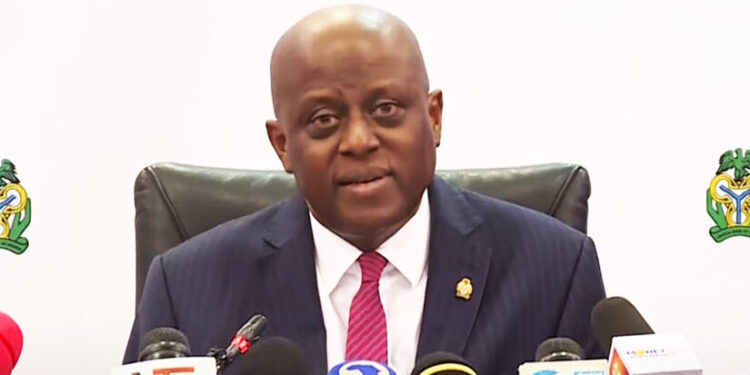The Central Bank of Nigeria (CBN) has announced a significant adjustment to its monetary policy following the 295th meeting of the Monetary Policy Committee (MPC) held on May 20th and 21st. The committee voted to increase the Monetary Policy Rate (MPR) by 150 basis points, bringing it to 26.25%.
Key Decisions from the MPC Meeting
1. Monetary Policy Rate (MPR):
– The MPR was raised by 150 basis points, moving from 24.75% to 26.25%. This decision is aimed at addressing the persistent inflationary pressures in the economy and stabilizing the naira.
2. Asymmetric Corridor:
– The MPC retained the asymmetric corridor around the MPR at +100/-300 basis points. This corridor serves as a mechanism to guide the interest rates for lending and deposit facilities, aiming to influence overall market rates and economic activity.
3. Cash Reserve Ratio (CRR):
– The CRR for commercial banks remains unchanged at 45.00%. The CRR is the percentage of a bank’s total deposits that must be maintained as reserves with the central bank, influencing the amount of funds available for lending.
4. Liquidity Ratio:
– The liquidity ratio was held constant at 30.00%. This ratio is crucial for ensuring that banks maintain a minimum level of liquid assets, providing stability to the financial system and ensuring banks can meet their short-term obligations.
Implications of the MPC’s Decisions
The decision to raise the MPR reflects the CBN’s ongoing efforts to combat inflation, which has been a significant challenge for the Nigerian economy. By increasing the MPR, the central bank aims to tighten monetary policy, curb excess liquidity, and reduce demand-side pressures contributing to inflation.
Maintaining the CRR at a high level ensures that banks have a substantial portion of their deposits held in reserve, limiting the potential for excessive lending that could exacerbate inflation. Similarly, keeping the liquidity ratio unchanged ensures that banks remain stable and can meet their immediate financial commitments.
Context and Outlook
Nigeria has been grappling with high inflation rates, driven by factors such as fluctuating exchange rates, supply chain disruptions, and geopolitical tensions. The recent adjustments by the CBN are part of a broader strategy to stabilize the economy and restore confidence in the naira.
The central bank’s move comes amid global economic uncertainties and domestic challenges. The MPC’s decisions signal a proactive approach to maintaining economic stability and addressing the underlying issues affecting the country’s financial system.
Bottom Line
The CBN’s increase of the MPR to 26.25% is a significant step towards tightening monetary policy in response to persistent inflation. By retaining the CRR and liquidity ratio at their current levels, the central bank aims to ensure financial stability while addressing inflationary pressures. As Nigeria navigates through these economic challenges, the MPC’s decisions will be closely monitored for their impact on the broader economy.











